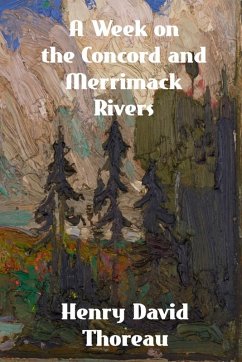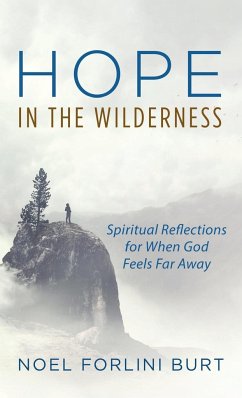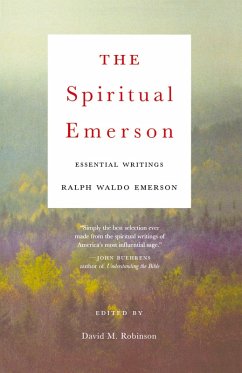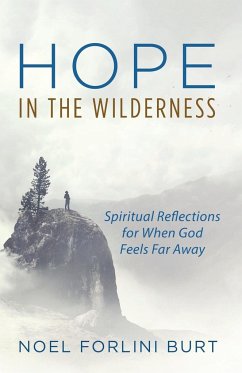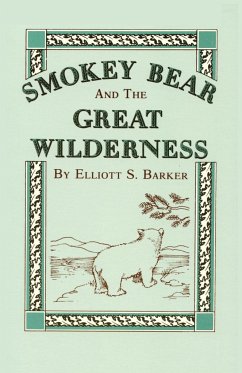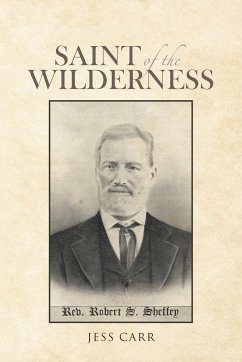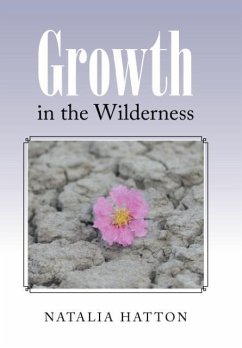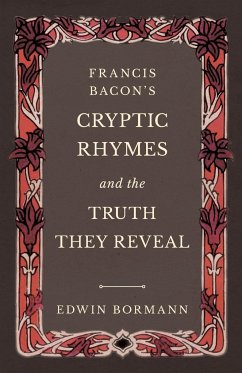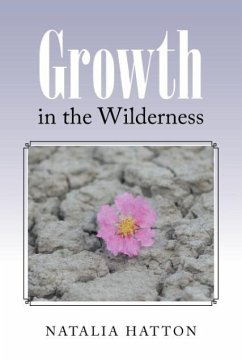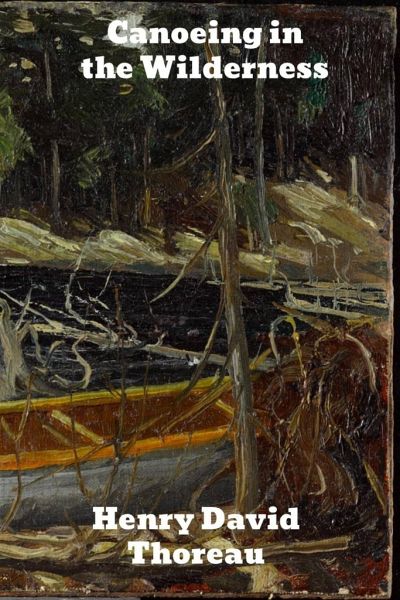
Canoeing in the Wilderness
Versandkostenfrei!
Versandfertig in 1-2 Wochen
13,99 €
inkl. MwSt.
Weitere Ausgaben:

PAYBACK Punkte
7 °P sammeln!
The chief attraction that inspired Thoreau to make this canoe trip was the primitiveness of the region. Here was a vast tract of almost virgin woodland, peopled only with a few loggers and pioneer farmers, Indians, and wild animals. No one could have been better fitted than Thoreau to enjoy such a region and to transmit his enjoyment of it to others. For though he was a person of culture and refinement, with a college education, and had for an intimate friend so rare a man as Ralph Waldo Emerson, he was half wild in many of his tastes and impatient of the restraints and artificiality of the or...
The chief attraction that inspired Thoreau to make this canoe trip was the primitiveness of the region. Here was a vast tract of almost virgin woodland, peopled only with a few loggers and pioneer farmers, Indians, and wild animals. No one could have been better fitted than Thoreau to enjoy such a region and to transmit his enjoyment of it to others. For though he was a person of culture and refinement, with a college education, and had for an intimate friend so rare a man as Ralph Waldo Emerson, he was half wild in many of his tastes and impatient of the restraints and artificiality of the ordinary social life of the towns and cities. He liked especially the companionship of men who were in close contact with nature, and in this book we find him deeply interested in his Indian guide and lingering fondly over the man's characteristics and casual remarks. The Indian retained many of his aboriginal instincts and ways, though his tribe was in most respects civilized. His home was in an Indian village on an island in the Penobscot River at Oldtown, a few miles above Bangor. Thoreau was one of the world's greatest nature writers, and as the years pass, his fame steadily increases. He was a careful and accurate observer, more at home in the fields and woods than in village and town, and with a gift of piquant originality in recording his impressions. The play of his imagination is keen and nimble, yet his fancy is so well balanced by his native common sense that it does not run away with him. There is never any doubt about his genuineness, or that what he states is free from bias and romantic exaggeration.




